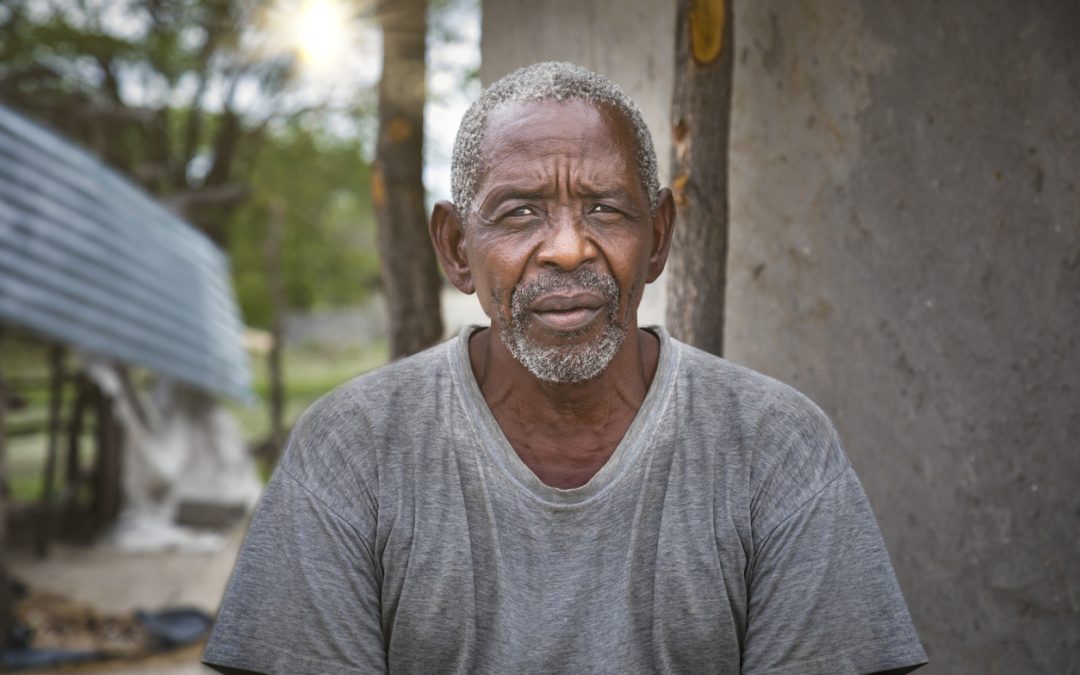Poverty and domestic violence are linked because the lack of financial resources can limit an offenders’ ability to get help changing their behavior. Therefore, they’re less likely to successfully alter their actions. What does someone do when money is tight, but they still need guidance on how to stop causing harm? The situation may be difficult, but it’s not hopeless.
The relationship between poverty and domestic violence
Let’s start with the bad news. Here are some ways in which poverty can make recovery more challenging:
- Lack of resources to access services. Let’s face it, counseling services, substance abuse treatment, anger managementprograms, and court mandated batterers intervention programs all cost money. In addition, funds required for childcare, transportation, and the time required to get to these services increase the barrier. Those who cannot afford these resources will miss out on their benefits.
- Stress and frustration. Poverty can cause stress and frustration, which exacerbates existing domestic violence issues. As a result, a person may feel trapped and overwhelmed by their circumstances. These powerful emotions, if not processed well, can come out as violence or abuse.
- Environmental effect on identity. Living in crime-ridden, dirty environments with limited employment opportunities can lead to feelings of inadequacy. This damaged sense of identity often contributes to domestic violence.
- Fear of legal consequences. Getting arrested for domestic violence creates a series of financial burdens for bail, court costs, attorney fees, and possible job loss. Some might worry that if they seek help, they’ll get arrested and trigger these expenses—preventing them from getting support.
Stopping domestic violence on a budget
As grim as these conditions may seem, there is hope. Here are some tips for changing your behavior, even if you don’t have a lot of money:
- Don’t let being poor be an excuse. The more you focus on what you don’t have or what’s unfair in your life, the less you’ll realize what’s available to you. Don’t miss it!
- Access free and low-cost resources. This could be a community counseling center, a pastor that also does counseling, or simply finding a mentor. All Ananias Foundation resources are free because we don’t believe ability to pay should prevent anyone from getting help with this issue.
- Read or listen to books. Some of the world’s leading experts on changing behavior share their wisdom in books. You could spend hours learning from them for just the cost of a book. That price could be zero if their book is at the library. Here are some book suggestions we think you’ll find helpful.
- Build a strong support network. Positive social support networks, such as family, friends, and community organizations, can provide emotional and financial support during challenging times. Building and maintaining strong relationships can provide good role models and encourage you as you navigate change.
- Take a positive step. Change, like getting out of poverty, takes a while. You can only do it one step at a time. Choose something that is going to make your life a little better and work on it. When you make progress, congratulate yourself, then take the next step. The growth you achieve will build your self-esteem, which is an antidote to domestic violence.
Faith note
Poverty does not define you. Your value is not the same as your net worth. In fact, Jesus proclaimed “God blesses you who are poor, for the Kingdom of God is yours” (Luke 6:20). Why does he say that?
Jesus made this statement to remind us that we all need God. For those of us who are poor, it’s easy to recognize this dependency (which makes us blessed) because we have little ourselves. A person that’s comfortable or wealthy might falsely think they don’t need God—but they’d be wrong.
Poverty also does not limit you. The best, most satisfying riches we can experience is the abundance we get from great relationships. We receive love, meaning, purpose, provision, and protection from our connection with others. These relationships are worth cultivating and protecting.
God makes all these gifts available to you and me, regardless of our bank balances. He calls us to show up for those relationships as safe, loving partners so we can enjoy his gift.


Recent Comments